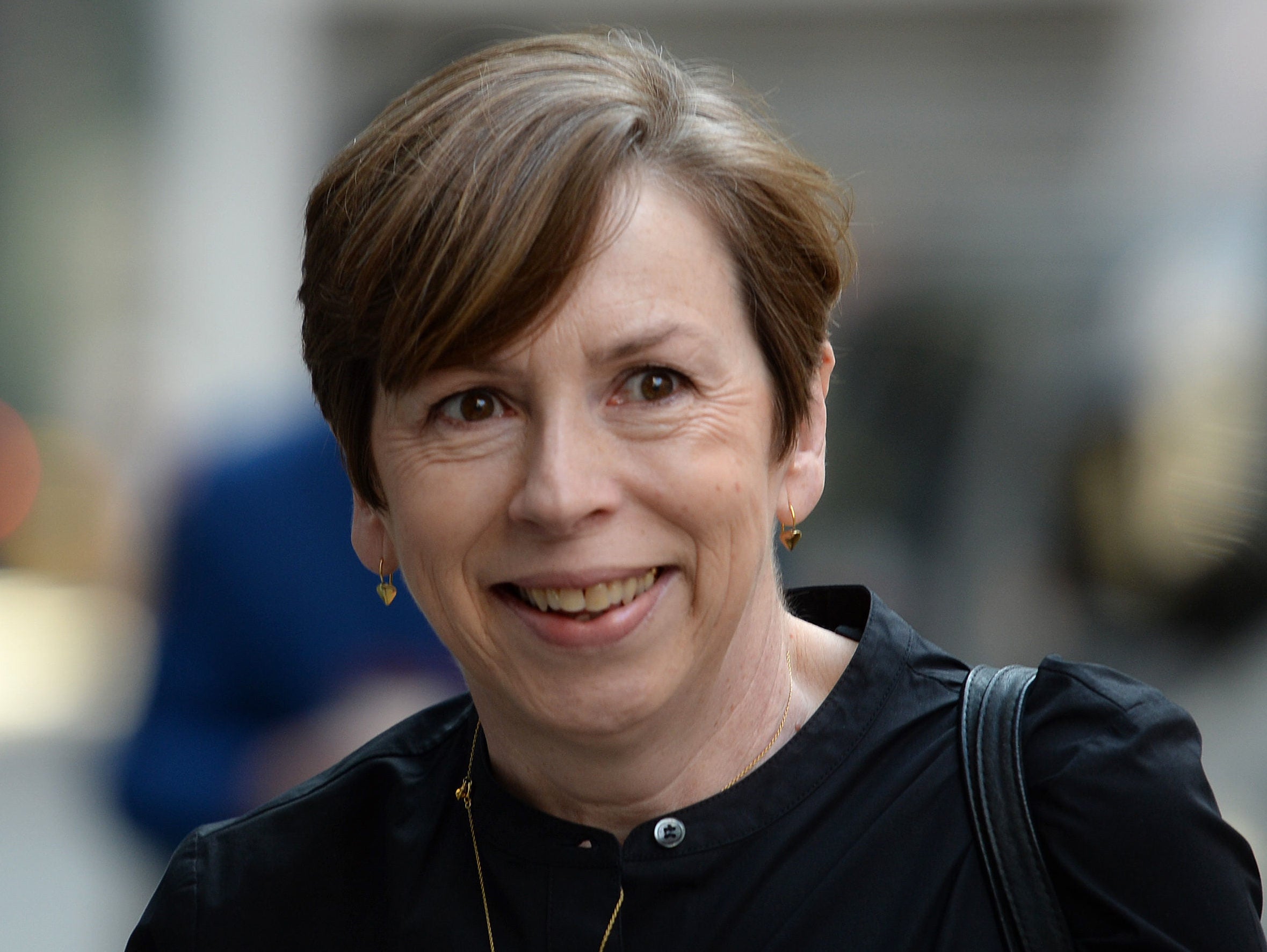
The BBC’s director of news Fran Unsworth has admitted the corporation often suffers from “a confusion of identity” as she reflected on the impact of online culture wars on its output.
Unsworth (pictured) said news organisations like the BBC should not assume “the revolutionaries speak for all the people” yet still know when to listen and be sensitive to a cultural movement.
Delivering the annual BBC Lecture at the Prix Italia conference on Thursday, Unsworth warned that “if we don’t analyse the dangers these cultural issues pose to public service broadcasters” catastrophe could be near.
She said that although specialist interest groups have always sought to persuade the BBC to reflect their own agendas, there are more of these groups than ever and they are better organised and more visible through social media.
Unsworth admitted they “appear to be able to capture the zeitgeist or societal undercurrents more quickly than institutions, however finely attuned our journalism might be”.
But, she said: “We must all decide for ourselves what is right.
“In the middle of the maelstrom, we have to keep thinking clearly. We need to talk to each other and not get carried by social media bullies… Ultimately, editors edit – not interest groups.”
Unsworth added: “I think this issue has a wider resonance. I think it’s really important, not just for us and our organisations but for democracy.
“The problem for all of us here is to see how thin the line can be between resisting pressure to protect our independence, and being remote from how the world is moving.
“If our journalism is not in touch with its roots, we will fail to recognize that members of the audience, or readers, or staff, have genuine grievances or thoughts about the world that they wish us to reflect.
“But we also need to recognise the danger posed by the rise of interest groups that may have no truck with views that do not match their own.”
Unsworth pointed to New York Times opinion editor Bari Weiss who criticised culture wars within the newspaper when she resigned in July, saying the paper is now effectively edited by Twitter.
Unsworth also gave the example of last month’s row over whether the Last Night of the Proms had to end with the singing of Rule Britannia and Land of Hope and Glory, saying the BBC was “caught in the middle” of a debate over whether it was tradition or jingoism.
Recent months have also seen the BBC embroiled in rows over the uncensored use of the N-word in a news report and an opening Newsnight monologue by Emily Maitlis about Dominic Cummings’ breach of lockdown guidelines that received more than 23,000 complaints.
Unsworth criticised the fact it is no longer “enough to have a civilised discussion” and condemned abuse sent to some BBC journalists, such as specialist disinformation reporter Marianna Spring who recently marked some of the recent messages she received out of ten to highlight the issue.
One called Spring a “paedophile worshipper” and said they hoped she gets “what’s coming to you”, while another told her to “watch when you’re seen in public”.
It chimes with a survey carried out by Newsquest’s Oxfordshire group editor Samantha Harman which revealed more than 80% of regional journalists thought online abuse had got “significantly worse” since the start of their career – with many saying they had experienced anxiety or depression because of it.
Some 89% said they had received abuse on Facebook, 80% on their own news sites and 67% on Twitter. Harman said: “Constructive criticism is welcomed by our profession — but that’s not what we’re talking about here.
“It’s a constant barrage of abuse, most notably on social media.”
Unsworth advocated “newsrooms which can decide on the right editorial way forward and the right language to deploy, in a clear, calm, considered fashion” instead of putting too much weight on the vocal minority.
“And which, when challenged, can explain their decisions quickly and responsively to both the outside world and to our own staff,” she went on.
“That can shrug off social media pressure and the cancel culture, and parry the unfair attacks on our honesty and intentions
“More than anything, we need newsroom leaders who are ready to reflect a broad range of thinking, who don’t always go down the same narrow, well-trodden path because it is the one they have always followed.”
Picture: Kirsty O’Connor/PA Wire
Email pged@pressgazette.co.uk to point out mistakes, provide story tips or send in a letter for publication on our "Letters Page" blog
